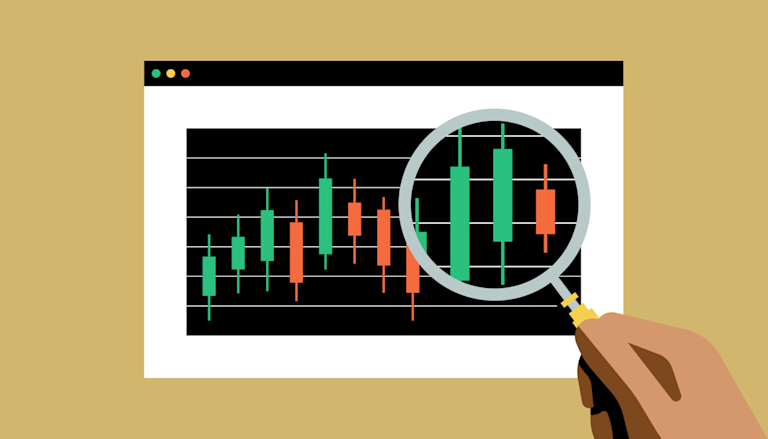
The Rise of Trading Crypto Platforms
In the ever-evolving world of finance, trading crypto platforms have emerged as a crucial tool for traders and investors alike. With the advent of blockchain technology and the increasing mainstream acceptance of cryptocurrencies, these platforms have significantly transformed how people engage with digital assets. To explore some of the most popular trading crypto platforms, Trading Crypto Platforms click here to get insights that can guide you in your trading journey.
Understanding Trading Crypto Platforms
Trading crypto platforms are online platforms that allow users to buy, sell, and trade cryptocurrencies. They serve as intermediaries, connecting buyers and sellers and facilitating cryptocurrency transactions. These platforms vary in terms of features, user interface, security measures, and the range of cryptocurrencies offered. As cryptocurrencies continue to gain popularity, more platforms have entered the market, each vying for a share of the audience.
Types of Trading Crypto Platforms
There are several types of trading crypto platforms, each catering to different user needs and experience levels:
- Centralized Exchanges (CEX): These are the most common types of platforms. They act as intermediaries between buyers and sellers, providing a user-friendly interface, high liquidity, and various trading tools. Examples include Binance, Coinbase, and Kraken.
- Decentralized Exchanges (DEX): Unlike CEX, DEX operates without a central authority. They allow users to trade directly with one another, offering more privacy and control over assets. Popular DEX platforms include Uniswap and SushiSwap.
- Peer-to-Peer (P2P) Platforms: These platforms enable direct transactions between users without intermediaries. P2P platforms often offer escrow services to ensure security during the transaction. Examples include LocalBitcoins and Paxful.

Key Features to Look For
When choosing a trading crypto platform, several critical features should be considered:
- Security: Security is paramount in the crypto space. A reliable platform should offer features like two-factor authentication, cold storage for assets, and a clear insurance policy in case of breaches.
- User Experience: The platform should be intuitive and easy to navigate, catering to both beginner and advanced traders.
- Liquidity: High liquidity ensures that users can quickly buy and sell assets without significant price fluctuations.
- Range of Cryptocurrencies: A good platform should support a diverse range of cryptocurrencies, allowing traders to access emerging assets.
- Fees: Transaction fees can vary significantly between platforms. Users should look for transparent fee structures and consider how fees might impact their trading strategy.
- Customer Support: Responsive customer support can be crucial, especially for new traders who may need assistance navigating the platform.
Popular Trading Crypto Platforms in 2023
As of 2023, several trading crypto platforms stand out due to their features, reputations, and user feedback:
- Binance: Known for its extensive range of cryptocurrencies and advanced trading features, Binance caters to both beginners and professionals. It provides various tools, including futures trading and staking options.
- Coinbase: Ideal for newcomers, Coinbase is user-friendly and offers a simple interface for buying and selling cryptocurrencies. It also provides educational resources for beginners.
- Kraken: With a reputation for security and a wide range of coins, Kraken is favored by those interested in trading lesser-known altcoins.
- Gemini: Regulated in the US, Gemini emphasizes compliance and security. The platform is suitable for users looking to trade with peace of mind.
- eToro: Known for its social trading features, eToro allows users to copy the trades of successful investors, making it appealing for beginners.
The Future of Trading Crypto Platforms
As the landscape of cryptocurrency continues to evolve, so too will trading crypto platforms. Trends such as decentralized finance (DeFi), non-fungible tokens (NFTs), and regulatory developments will likely shape the industry’s future. Moreover, advancements in technology will enhance security measures, user experience, and the diversity of services offered by platforms.
Conclusion
Ultimately, the choice of a trading crypto platform depends on individual needs, levels of experience, and trading goals. With a plethora of options available, it is crucial for users to conduct thorough research before committing to a specific platform. By understanding the features and benefits of different platforms, traders can make informed decisions that align with their strategies in the dynamic world of cryptocurrency.
Leave a Reply